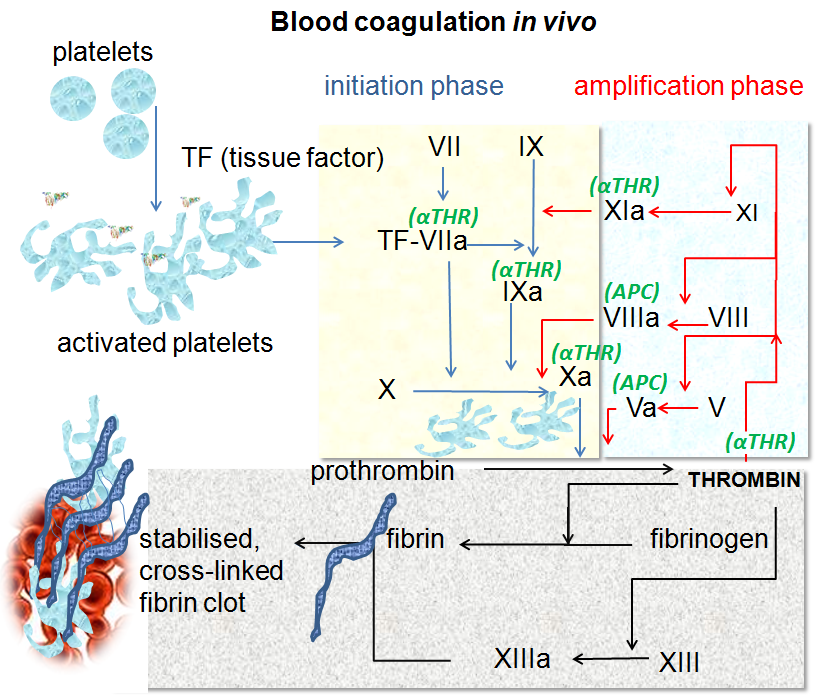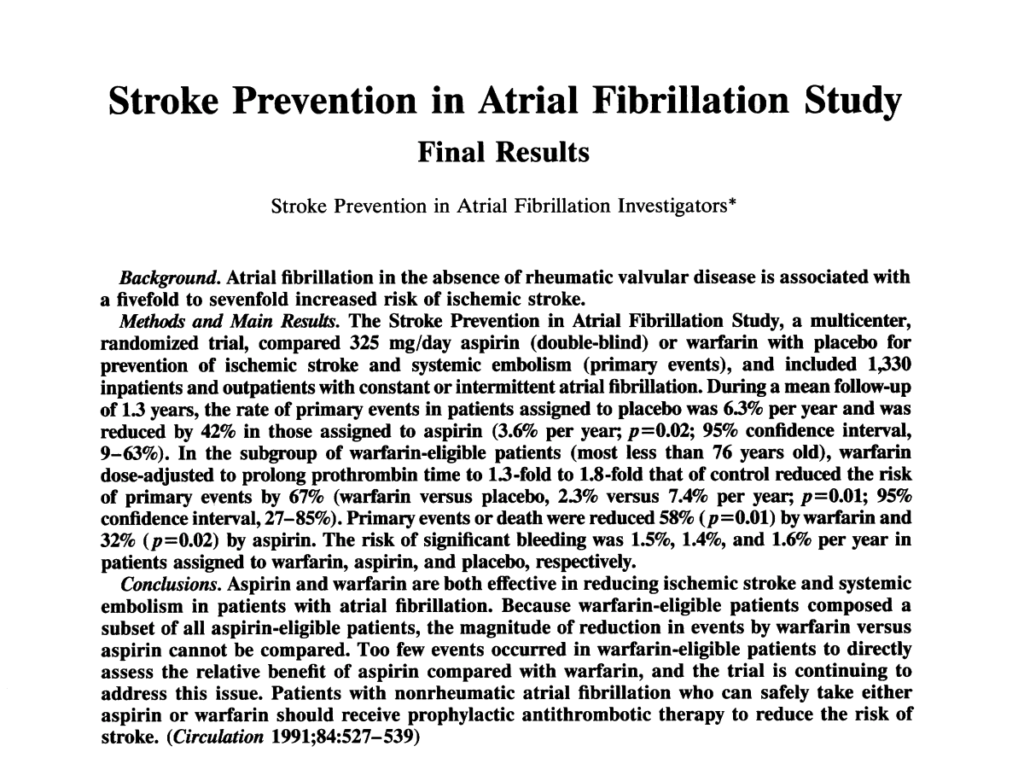This blog will talk about natural blood thinners and atrial fibrillation; let’s start with some definitions. What is atrial fibrillation? It’s a chaotic electrical pattern in the upper chambers of the heart.
There are two theories of the effects of atrial fibrillation: First, Its chaotic contraction mechanism results in clots within the atria, which get thrown up into the brain causing an artery obstruction. The second theory states that the main risk factors for strokes are comorbidities, other diseases, aging and lack of exercise when combined with atrial fibrillation increase the risk of stroke.
Atrial fibrillation is a significant and growing cause of Stroke; 15% of strokes are caused by atrial fibrillation; stroke is the number one cause of disability in the United States and elsewhere. If you have a stroke, you may be wheelchair bound for decades.
What do blood thinners have to do with atrial fibrillation?
First, let’s look at the mechanisms of ” blood thinning.” These items don’t thin the blood; what they do is decrease clotting. There are two mechanisms for decreasing clotting: anti-platelet mechanism and anticoagulant mechanisms.
Platelets first form together with a net of fibrinogen or fibrin; then, there’s a clotting or coagulation mechanism, which includes a clot around this network of platelets.
Aspirin is the classic anti-platelet; it tends to be associated with a longer bleeding time as well.
Now there are a lot of natural blood thinners. Let me go through a list: let me go through a shortlist:
- nattokinase
- turmeric
- ginger
- garlic
- cinnamon and cassia
- cayenne peppers
- vitamin E
- ginkgo biloba
- grape seed extract
- apple cider vinegar
- cod liver oil
- omega 3- fish oils
As you can see, there are many natural blood thinners, yet the medical industry seems focused on medications – in fact, costly medications.
The newer oral anticoagulants are expensive. The herbalist would say, “the medical industry is in the pocket of big pharma.”
Anti-platelets versus anticoagulants
We’ve known since before 1991, there was some improvement with antiplatelets, but far more progress with anticoagulants in terms of safe prevention of stroke.
The vast majority of risk increase for stroke is an ischemic clot or embolic clots.
We found, and once again have known for over 20 years, that the anticoagulant mechanism is more effective and safer than the anti-platelet mechanism.
The following graph provides an overview of the differences between platelet aggregation and coagulation

Recent research continues to show that any of the standard groups no longer recommend aspirin and other anticoagulants.
However, about 1/3 of patients with atrial fibrillation are still on aspirin instead of anticoagulants. That’s another failure in the preventive medicine standards and practice.
A study published in Circulation in 1991 on Stroke Prevention and Atrial Fibrillation showed improvement in the prevention of strokes with aspirin. However, there was a far better improvement with the anticoagulants. That is not the only evidence available; a meta-analysis in 2016 also showed significant improvement in efficacy with anticoagulants.

Let’s go back to the question about the influence of Big Pharma over medicine. There is some natural component of this. You don’t see Big Pharma doing a lot of research on natural elements. You’re not going to see doctors recommend unresearched items.
One of the things that I do is search and find research on herbal medicines. In many cases, there’s enough research, and the risk-benefit equation is enough to recommend using it. An example is vitamin D with CoQ10 and omega-3s.
However, in terms of stroke prevention with atrial fibrillation, I don’t think the research supports it.
If you found this article helpful and want to start taking steps toward reversing your chronic disease, Dr. Brewer and the PrevMed staff are ready to serve you no matter where you’re located.
To find out more, schedule a consult here: prevmedhealth.com
References
- https://www.ahajournals.org/doi/abs/10.1161/01.cir.84.2.527#:~:text=The%20Stroke%20Prevention%20in%20Atrial%20Fibrillation%20Study,%20a,and%20outpatients%20with%20constant%20or%20intermittent%20atrial%20fibrillation. Circulation August 1, 1991 Vol 84, Issue 2
- https://pubmed.ncbi.nlm.nih.gov/26274538/ Non-Vitamin K Antagonist Oral Anticoagulants and Antiplatelet Therapy for Stroke Prevention in Patients With Atrial Fibrillation: A Meta-Analysis of Randomized Controlled Trials Cardiol Rev . Sep-Oct 2016;24(5):218-23. doi: 10.1097/CRD.0000000000000088.
- https://prevmedhealth.com/how-to-prevent-stroke-manage-atrial-fibrillation/
- https://prevmedhealth.com/can-you-take-vitamin-k2-with-blood-thinners/
- Image credit Dr Graham Beards – Own work (Based on Figure 7.5 on page 167 of “Blood Science: principles and pathology” by Andrew Blann and Nessar Ahmed, Publishers Wiley Blackwell (2014) ISBN:978-1-118-35146-8)
